“Women on the Front Lines of #Hunger” — Denise Brown, #UNWFP in NYT
From New York Times 11/25/11. Photo credit: Raquel Marin.
What does it take to be on the front lines against hunger and the powerlessness that breeds it? Utter selflessness. Intrepid character. A pattern of life decisions I did not make. And so I have the highest regard for those who from an early age chose the selfless way. The self-reflective story of a day in the life of one of them — Denise Brown, Country Director of the United Nation’s World Food Program in Niger — is a gift in today’s New York Times and the International Herald Tribune.
Denise’s article reminds me that today — known as Black Friday because of the deluge of American consumptive behavior on the heels of a day of grace — I will make my holiday gifts to support women and men on the front-lines of hunger.
Reading like a journal entry, Denise describes drawing out village women and men to plan around an escalating cycle of droughts in the land-locked country of Niger. In Niger, which straddles Saharan and Sub-Saharan Africa, three-quarters of a million people are suffering from serious food insecurity. She honors the women who have more grit and resourcefulness to survive than she does. She describes her greatest challenge: not the famine, but the skepticism “back home” from those who doubt the efficacy and merits of humanitarian aid, from those who posture “about whether we should just sit back and let nature take its course” to control population growth.
“Somehow I always feel ashamed,” she muses. “As an educated, Western woman, I often wonder if I could manage the way these women manage. I know the answer, as I don’t have their strength or their resiliency. But what I do possess is the desire and drive to work with them to build the foundations of a better life for their children.
“In the seemingly endless public debate about the effectiveness of humanitarian aid, people often ask why we bother. ‘It’s too costly,’ they say. ‘The world’s economy is not in great shape,’ or ‘Charity should begin at home.’
“Then there is the perennially alarming debate about whether we should just sit back and let nature take its course, a kind of inbuilt mechanism to manage population growth.
“It is difficult working in an environment where you are trying to help, but where every action you take is questioned like this.
‘I am an aid worker. I don’t have a crystal ball to predict the future of these countries and the fate of the people who live in them. What I do know is that the international community does care, can contribute and does make a difference. The child we save today has a future. The water pan fixed today can make life that little bit better by providing families with fresh vegetables to improve their diets tomorrow.”
For the full article see: http://www.nytimes.com/2011/11/25/opinion/women-on-the-front-lines-of-hunger.html?_r=2&pagewanted=all
According to the UN World Food Programme website: “Around a million people in Niger will need urgent food aid next year if the country’s drought persists…’In Niger, the WFP is planning to scale up its food aid operations urgently, specifically for children and pregnant women, after the government declared that at least 750,000 people have been identified to be suffering from serious food insecurity.’ said Gaelle Sevenier, spokeswoman for the UN agency. Fromhttp://www.wfp.org/content/nigers-drought-threatens-one-million-un-agency

